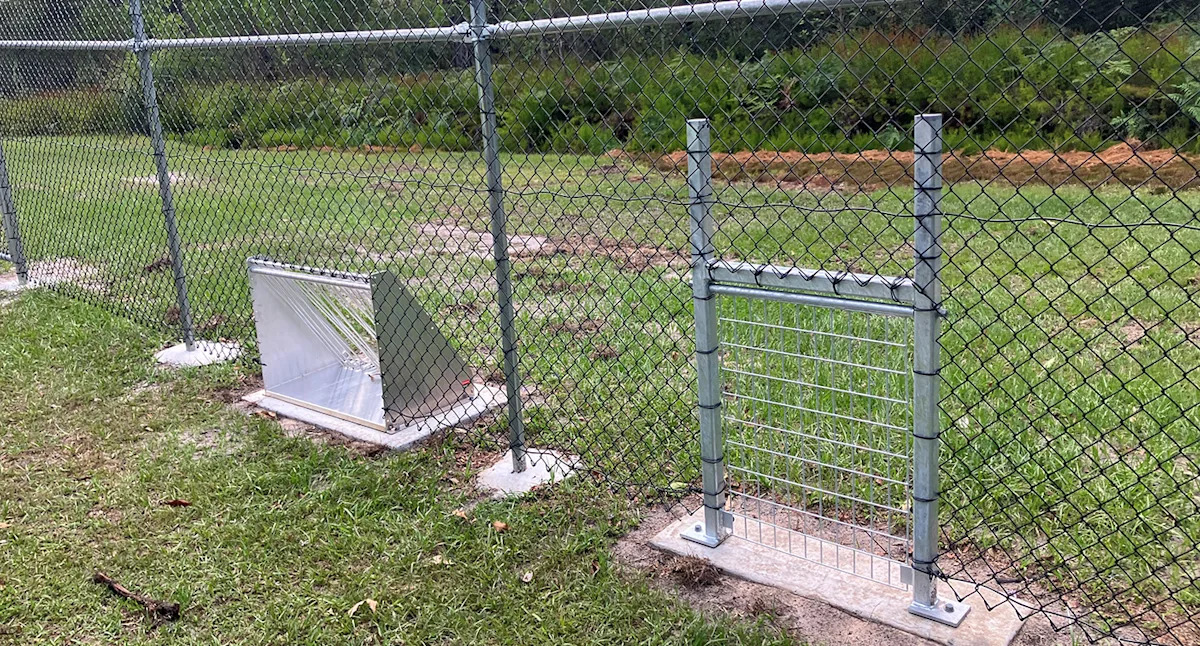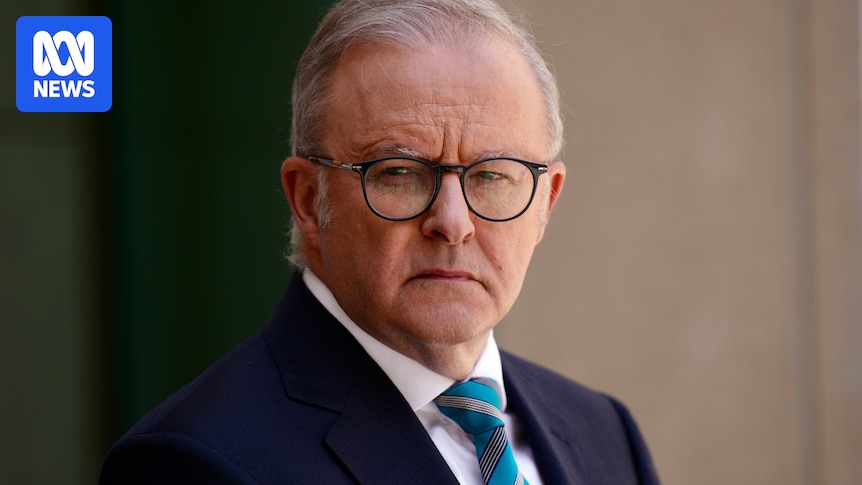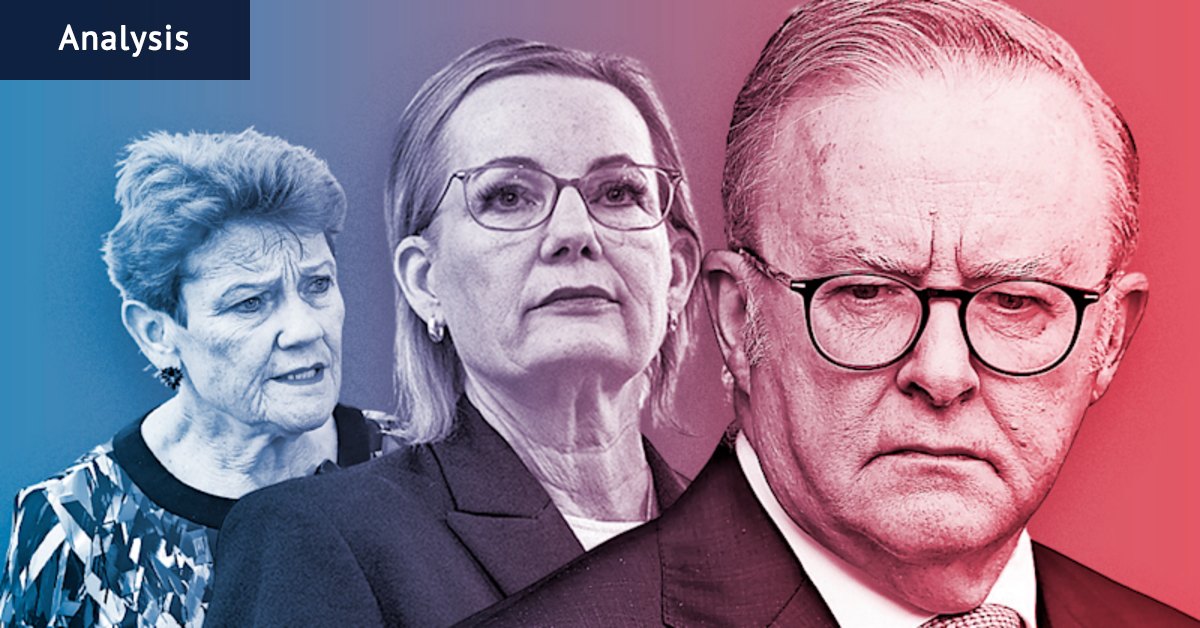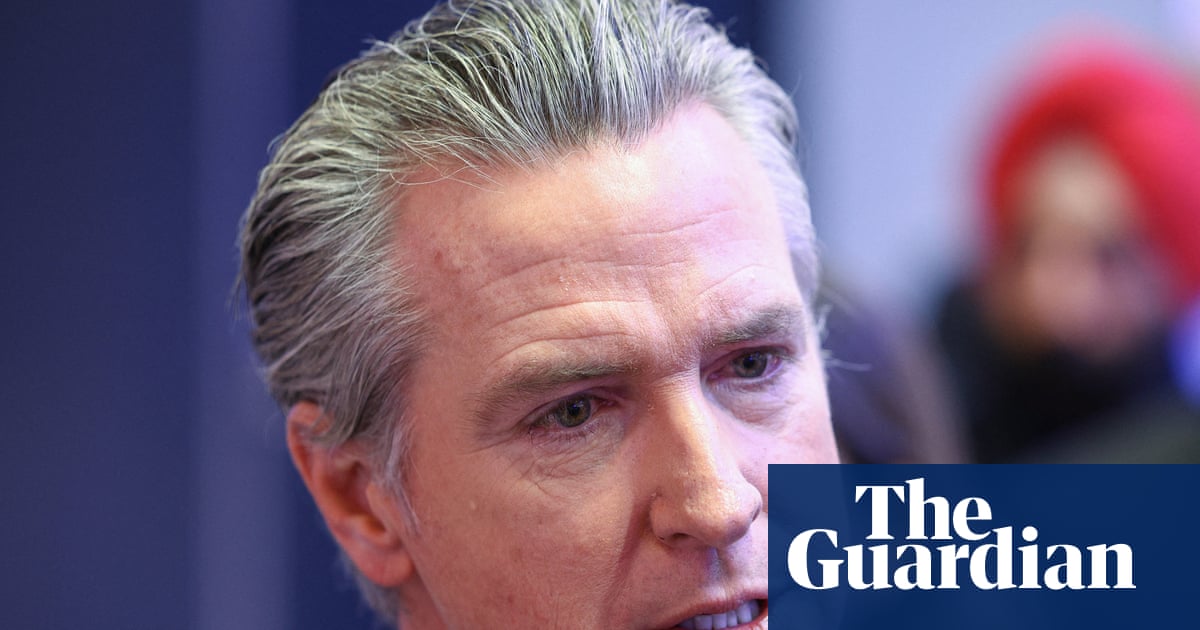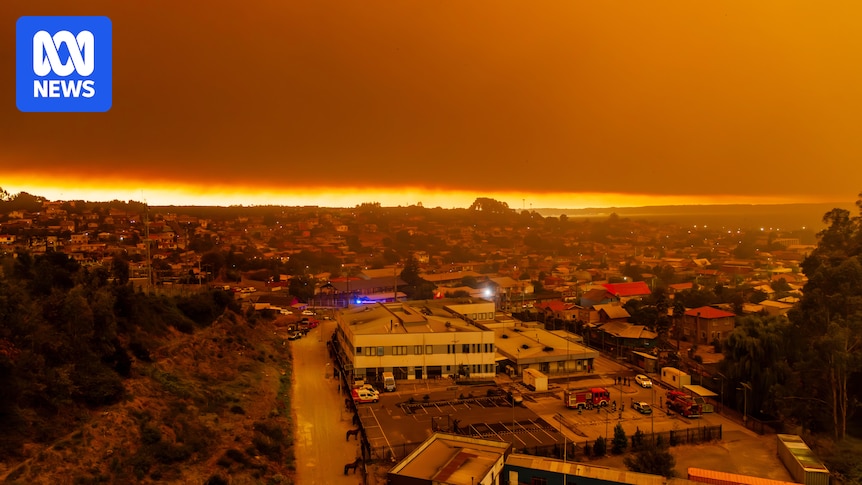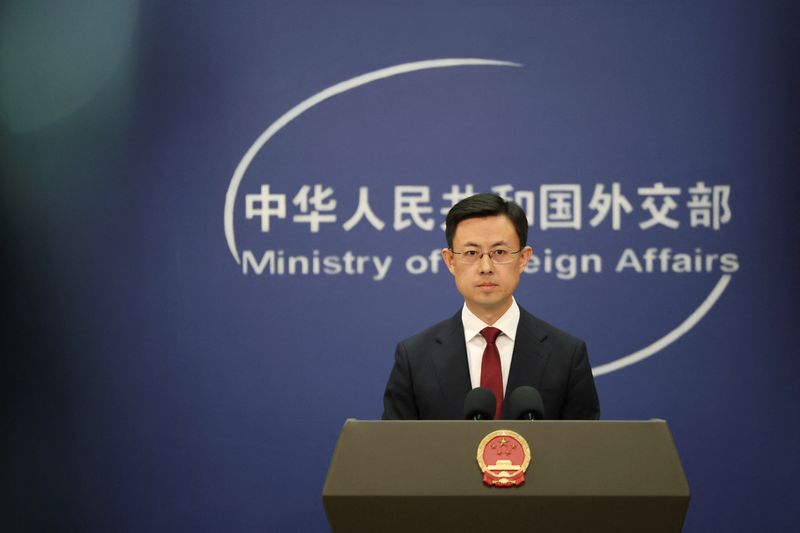
Queensland has reported its highest weekly total of influenza cases for the year, just days before Deputy Premier Jarrod Bleijie expressed satisfaction with the state’s vaccination rate, despite it being the lowest in Australia. Data released by Queensland Health this morning indicates that nearly 4,900 individuals were diagnosed with influenza in the past week, marking a 7 percent increase from the previous week and the highest weekly total recorded this year.
To date, an estimated 53,572 flu cases have been recorded in Queensland, with 88 percent of those affected not having received a flu vaccination. Health officials have consistently urged residents to take advantage of the state’s free flu vaccination program, especially following a surge in flu-related hospitalizations.
Rising Hospitalizations and Health Concerns
The latest figures reveal that more than 400 public hospital beds are currently occupied by patients suffering from flu, COVID-19, or RSV. Dr. Catherine McDougall, Queensland’s Chief Health Officer, highlighted the pressing nature of the situation.
“Since the start of the year, 5,125 Queenslanders have been hospitalized with flu – with 84 percent not vaccinated against flu,” Dr. McDougall stated. “While we’re coming to the end of winter, it’s important not to be complacent. Flu cases and hospitalizations spiked this time last year, so cases and hospitalizations have the potential to continue rising in coming weeks.”
Dr. McDougall’s comments underscore the critical need for increased vaccination uptake as the state grapples with the dual challenges of managing flu and other respiratory illnesses.
Political Responses and Public Health Messaging
The announcement comes amid political discourse regarding personal health choices and public health policy. Queensland Premier David Crisafulli recently declined to disclose his vaccination status, stating it was “between me and my doctor.” This stance was echoed by Deputy Premier Bleijie, who emphasized the importance of personal choice, asserting that the LNP would not dictate personal health decisions.
“We’re not going to be a government like former governments, dictating what people do in their own homes, their own lives or with their doctors,” Bleijie remarked.
Expert Opinions and Historical Context
Health experts warn that the current situation in Queensland is reminiscent of previous years when low vaccination rates led to significant public health challenges. Dr. Sarah Johnson, an epidemiologist at the University of Queensland, highlighted the importance of vaccination in controlling flu outbreaks.
“Vaccination remains one of the most effective tools we have to prevent severe illness and hospitalizations due to influenza. Historical data shows that higher vaccination rates correlate with lower hospitalization numbers,” Dr. Johnson explained.
Meanwhile, public health campaigns continue to emphasize the benefits of vaccination, aiming to increase awareness and participation in the state’s free flu vaccination program.
Looking Ahead: Implications and Next Steps
The move represents a critical juncture for Queensland’s health policy as officials balance individual freedoms with public health imperatives. The coming weeks will be crucial in determining whether the state can curb the rise in flu cases and prevent further strain on the healthcare system.
As Queensland navigates these challenges, the focus remains on encouraging vaccination and maintaining public health vigilance. The implications of the current flu season will likely inform future health strategies and policies, particularly in the context of managing multiple concurrent health threats.
